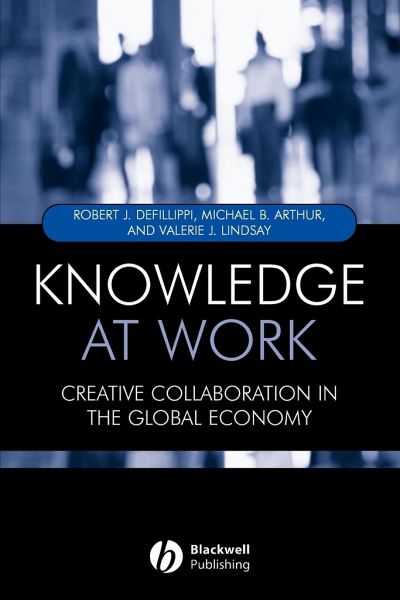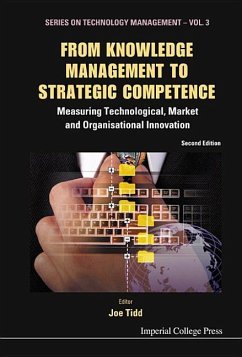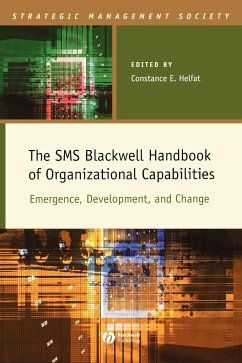
Knowledge at Work
Creative Collaboration in the Global Economy

PAYBACK Punkte
22 °P sammeln!
This book focuses on the processes through which knowledge is created, accumulated and put to use in the knowledge-driven global economy. Its unique perspective stems from its "knowledge diamond" framework to examine how individuals, communities, organizations and host industries reciprocally influence each other in the course of knowledge work. Case examples are selected to appeal to an international audience. The book also covers the key topics of project-based, virtual, and global knowledge work and intellectual property. It emphasizes the practices and tools - both behavioral and informati...
This book focuses on the processes through which knowledge is created, accumulated and put to use in the knowledge-driven global economy. Its unique perspective stems from its "knowledge diamond" framework to examine how individuals, communities, organizations and host industries reciprocally influence each other in the course of knowledge work. Case examples are selected to appeal to an international audience. The book also covers the key topics of project-based, virtual, and global knowledge work and intellectual property. It emphasizes the practices and tools - both behavioral and information technology - through which participants exchange knowledge and generate new learning. Each chapter concludes with summary questions that can be the basis for the reader's personal reflection, or for discussion among classroom or management development audiences.












